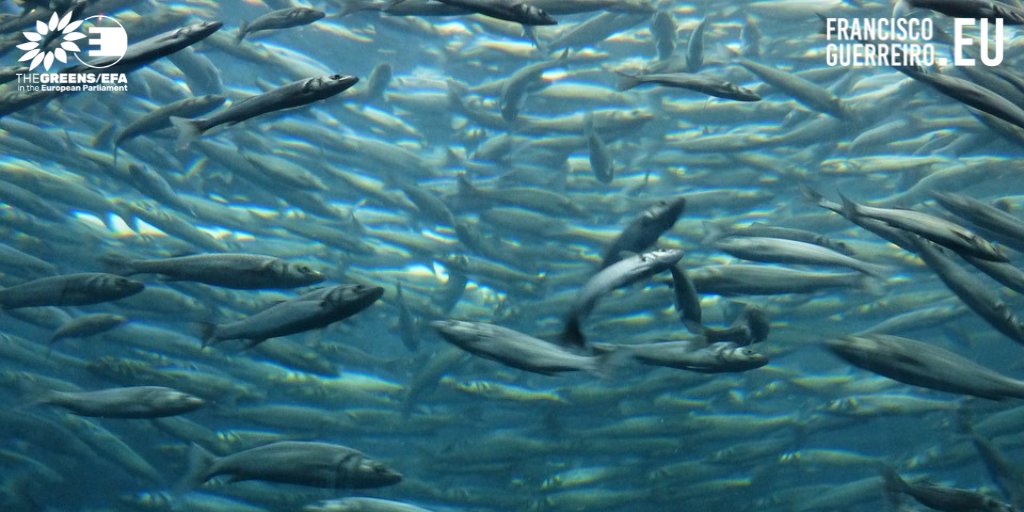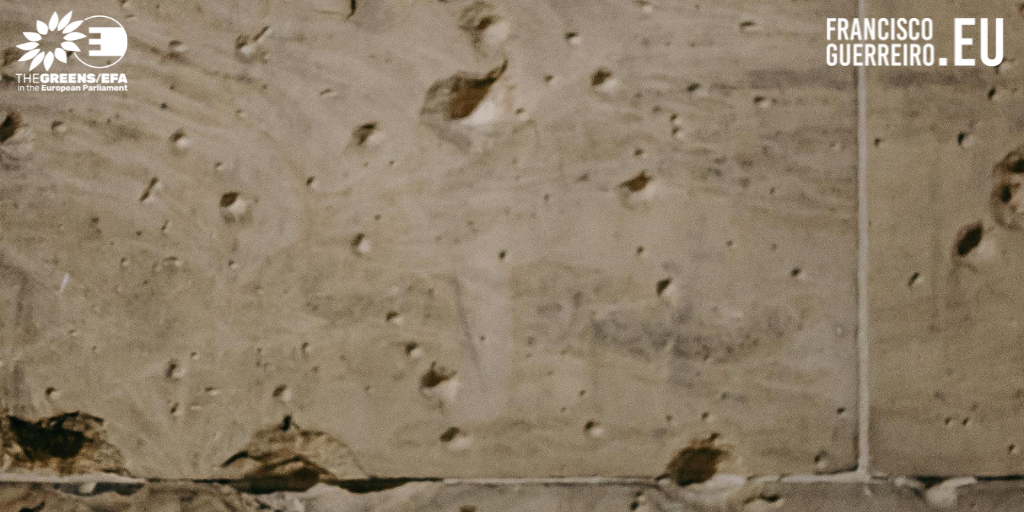
Question to the EC: Management and monitoring plans for the Natura 2000 marine sites
See here the joint question by Greens/EFA MEPs Francisco Guerreiro, Ska Keller, Caroline Roose and Grace O’Sullivan on the management and monitoring plans for the Natura 2000 marine sites.
Subject: Management and monitoring plans for the Natura 2000 marine sites
Ocean health is essential for the survival of many species, but is threatened by multiple stressors. The Natura 2000 network’s aim is to ensure the long-term survival of Europe’s most threatened species and habitats, listed under both the Birds Directive and the Habitats Directive. In accordance with the latter, the competent authorities from the relevant Member States are responsible for implementing conservation measures in their respective Natura 2000 marine sites.
Despite 12.4 % of the EU’s marine areas being designated for protection, reports (annexed) indicate that only 1.8 % of those are covered by marine protected areas (MPAs) with management plans. Another study assessed 1 062 Mediterranean MPAs and concluded that, ‘while 6.01 % of the Mediterranean is covered by protection, 95 % of this area shows no difference between the regulations imposed inside the MPAs compared with those outside. Full levels of protection, [...], represent only 0.23 % of the basin and are unevenly distributed across political boundaries and eco-regions’.
Considering the persistent non-compliance with this legal obligation, what steps will the Commission take to ensure that Member States implement adequate management and enforcement plans for their Natura 2000 marine sites (MPAs) in order to achieve good environmental status?
Answer in writing
The effective management of all marine protected areas (MPAs), including Natura 2000 sites, is a high priority for the Commission and one of the key commitments in the EU Biodiversity Strategy to 2030.(1)
The full implementation and enforcement of EU environmental legislation is at the heart of the strategy. Concerning the Birds(2) and Habitats(3) Directives, their enforcement is currently focused, inter alia, on completing the Natura 2000 network and ensuring effective management of all sites. The Commission has started infringement procedures against twelve Member States, eleven of which with a marine territory, for the lack of establishment and implementation of conservation objectives and measures in Natura 2000 sites. The Commission is investigating compliance with relevant legal provisions for another thirteen Member States.
Many commitments in the Biodiversity Strategy should help improve the management of MPAs, notably the ones to: restore marine ecosystems, including carbon-rich ecosystems and important fish spawning and nursery areas; eliminate or reduce bycatch of protected species; limit the use of bottom-contacting fishing gear; establish fisheries management measures and propose an action plan to conserve fisheries resources and protect marine ecosystems. In order to assist Member States and enable tracking of progress, the Commission will from 2021 support the development of a system to assess management effectiveness of marine Natura 2000 sites and other MPAs.
(1) EU Biodiversity Strategy for 2030. Bringing nature back into our lives. COM(2020) 380 final, https://ec.europa.eu/environment/nature/biodiversity/strategy/index_en.htm
(2) Directive 2009/147/EC of the European Parliament and of the Council of 30 November 2009 on the conservation of wild birds, OJ L 20, 26.1.2010, p. 7‐25.
(3) Council Directive 92/43/EEC of 21 May 1992 on the conservation of natural habitats and of wild fauna and flora, OJ L 206, 22.7.1992, p. 7‐50.










ParlTrack - Francisco Guerreiro considered one of the most productive MEPs
Monday, 01 July 2024
The analytical website ParlTrack has recorded all the parliamentary actions of MEPs during the 2019-2024 term, considering Francisco Guerreiro one of the most productive.READ MORE